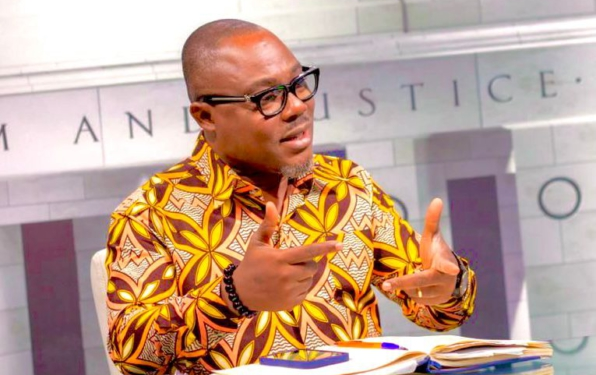Prof. Ransford Gyampo has said the Supreme Court will need to rethink its position that a birth certificate is not a proof of citizenship.
He said the position of the apex court on this document calls into question the relevance of the Birth and Death Registry.
In an interview, Prof Gyampo said “I am wondering about Birth and Death Registry, what will be their relevance if birth and death certificate is not proof of citizenship?
“It is quite worrying, I believe we should begin to rethink this otherwise we should scrap the Birth and Death Registry.”
On Friday, May 26, while answering questions at her vetting by the Appointments Committee of Parliament, the Chief Justice nominee Gertrude Torkornoo said while reiterating the Supreme Court’s position on the document that a birth certificate is not proof of citizenship.
She stated that it is rather a record of one’s birth location.
“Citizenship is a matter of law, nationality is a matter of law. In certain jurisdictions, being born in that place makes you a citizen of that country, [but] in our country, being born in Ghana doesn’t make you a citizen of Ghana.
“It is your relationship with your mother, it is your mother’s identity, your father’s identity, it is your lineage that determines your citizenship. So that form [birth certificate] is just an international requirement, we must know where everyone is born. But beyond that, your nationality is derived from that form, the evidence on that form.”
The Supreme Court first ruled that birth certificates cannot be proof of citizenship.
“A birth certificate is not a form of identification. It does not establish the identity of the bearer. Nor does it link the holder with the information on the certificate. Quite obviously, it provides no evidence of citizenship,” the Supreme Court verdict said in part.
The ruling was in the matter of the NDC and another vs the Attorney General.

































